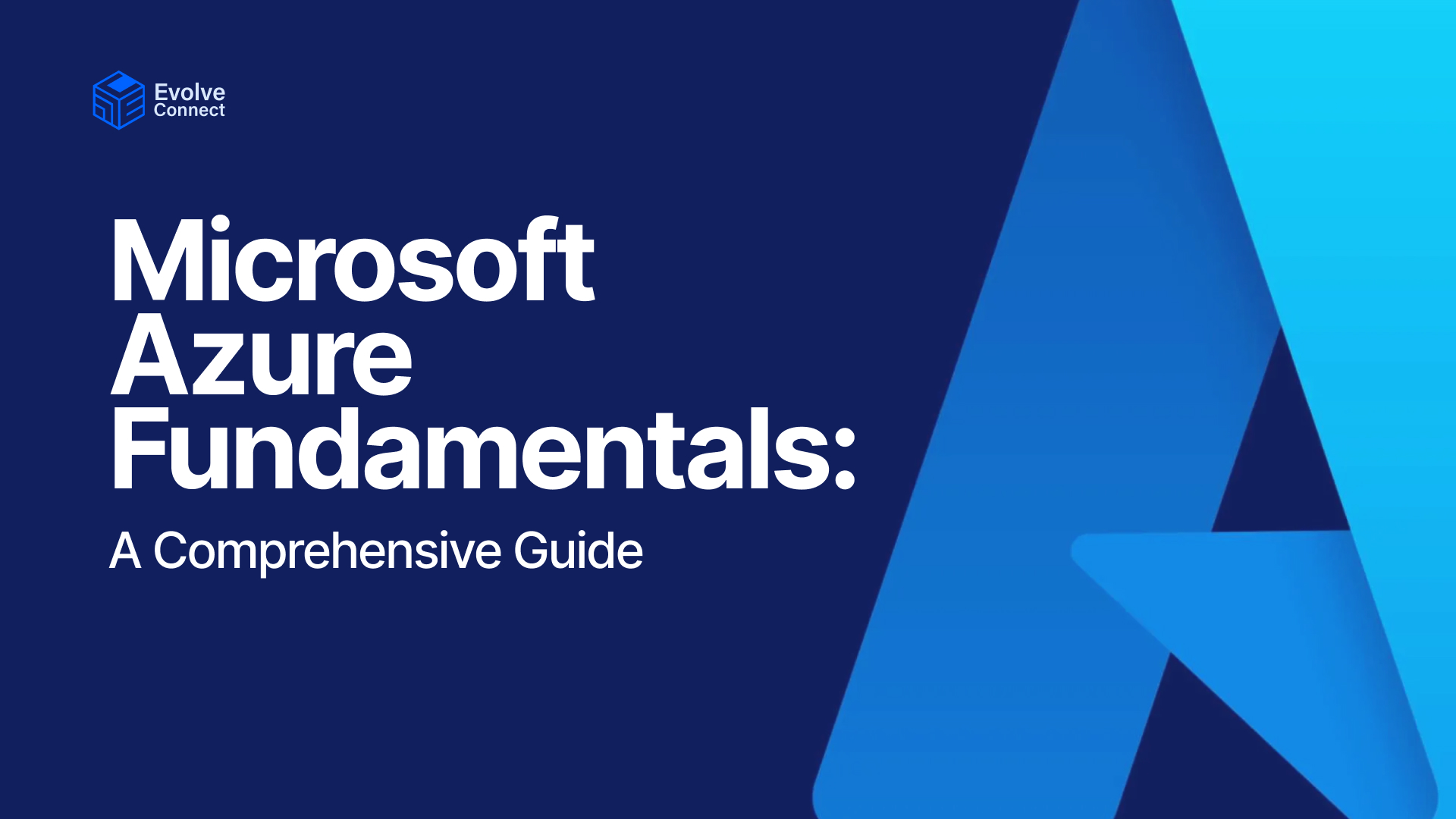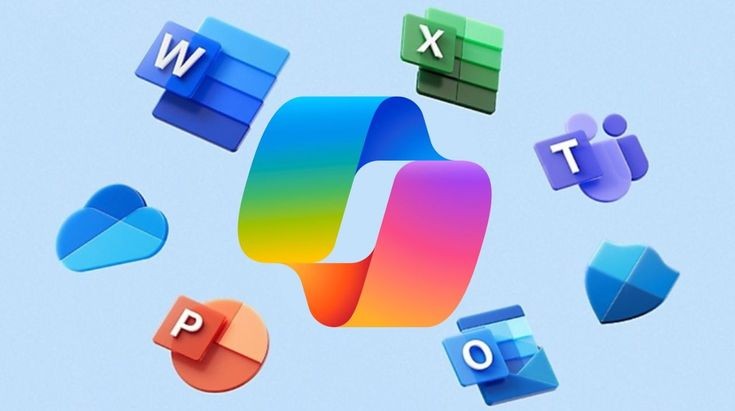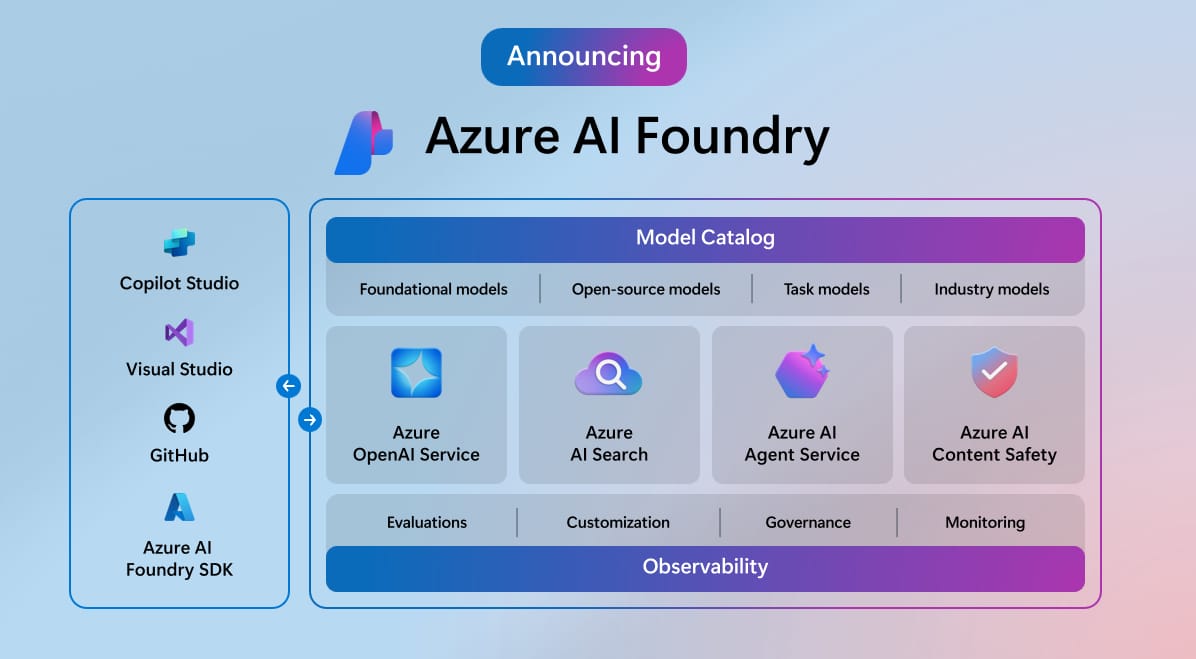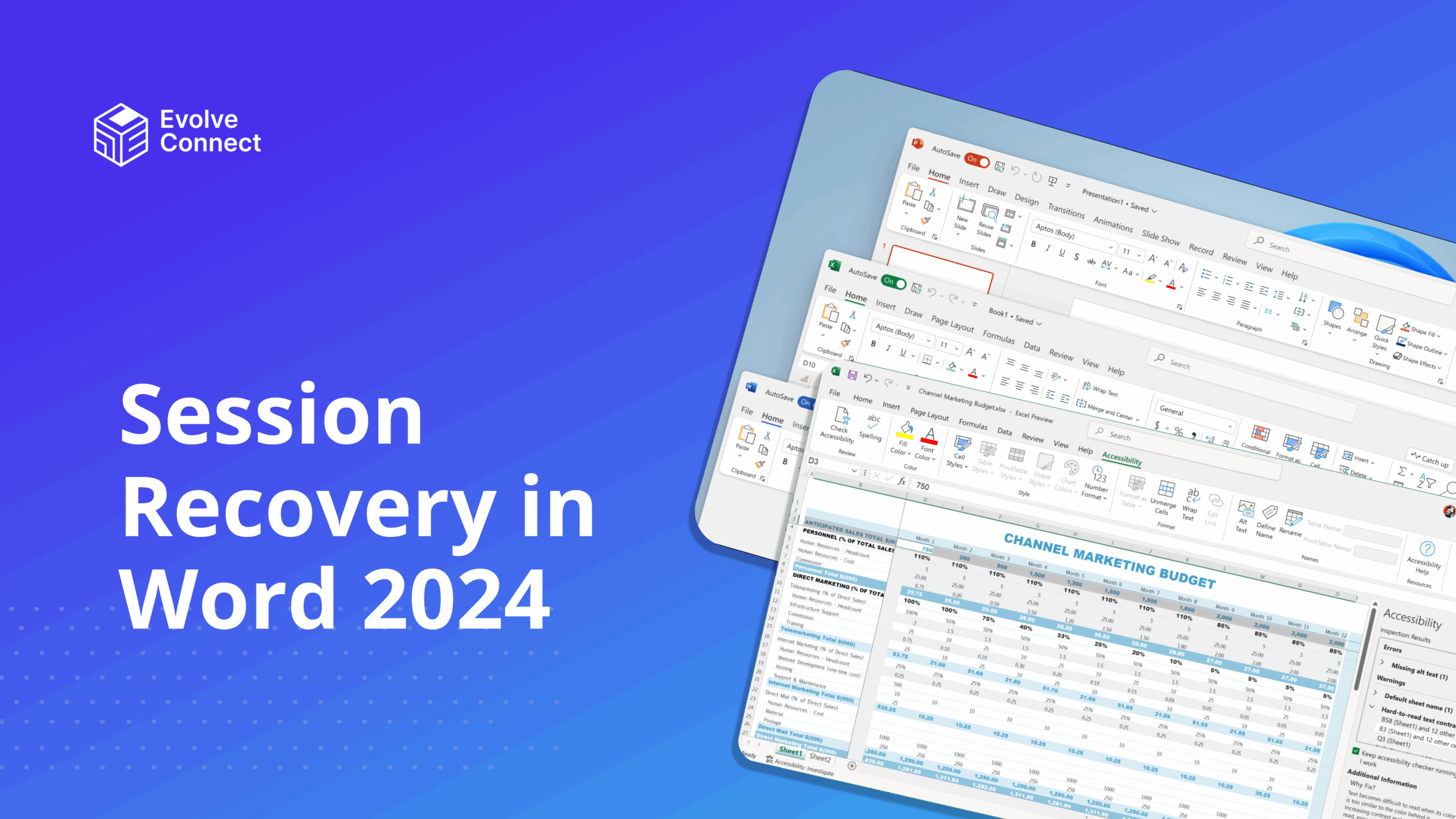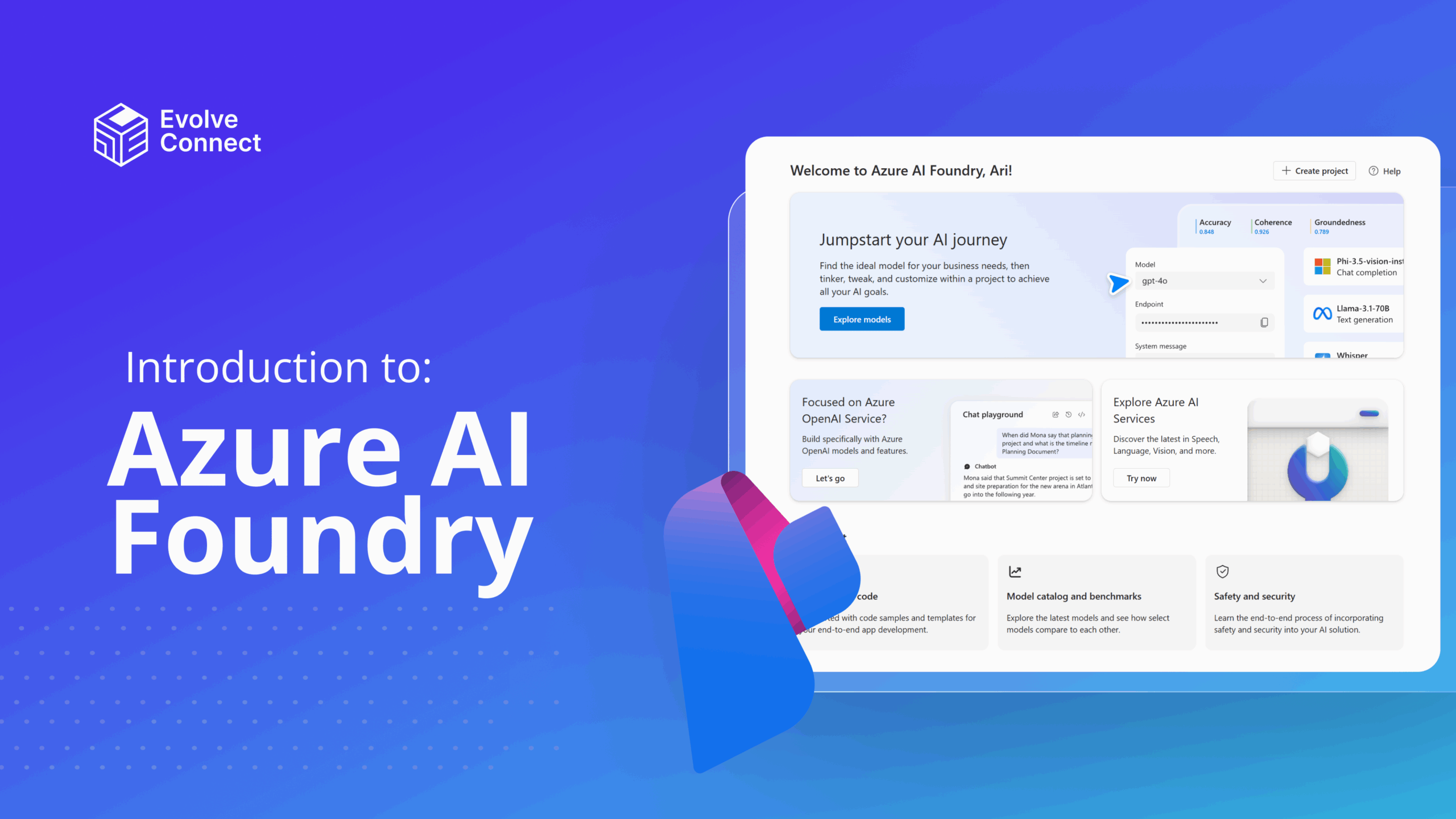In today’s digital era, cloud computing has become the foundation for many successful businesses. It allows organizations to access resources, storage, and services over the internet.
Among the leading cloud service providers, Microsoft Azure stands out due to its robust infrastructure, broad range of services, and commitment to security and compliance. To fully unleash the power of Azure, it’s crucial to understand its fundamentals. Let’s dive into the world of Microsoft Azure and discover its core concepts and features.
What is Microsoft Azure?
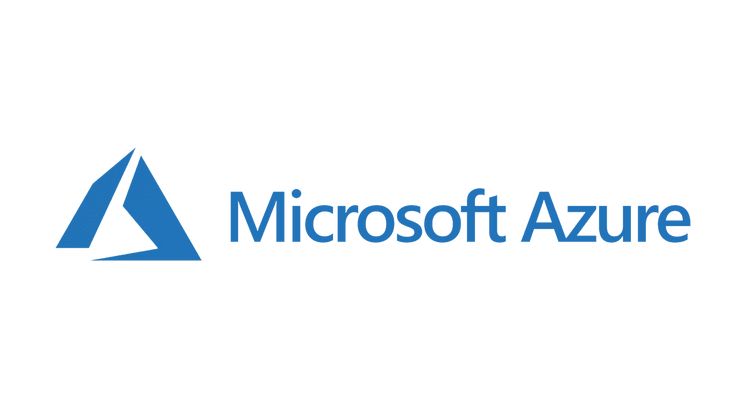
Microsoft Azure is a cloud computing platform provided by Microsoft. It offers a wide range of services, including computing power, storage, analytics, machine learning, and networking, among others. Azure enables organizations to build, deploy, and manage applications and services efficiently. It is the foundation of managing cloud services within the Microsoft environment.
Microsoft Azure is in use globally, for individuals, schools, businesses, and organizations. According to CNBC, Microsoft Azure is estimated to be worth $140 billion. Microsoft Azure offers multiple services, certifications and applications for users, individuals and businesses.
Microsoft Azure is an essential cloud computing service that is useful, important and worth billions. It is important to learn about the Key concepts in Microsoft Azure.
Do you want to learn about Microsoft Azure and get jobs within the cloud space? Register for our Bootcamp.
Key Concepts in Microsoft Azure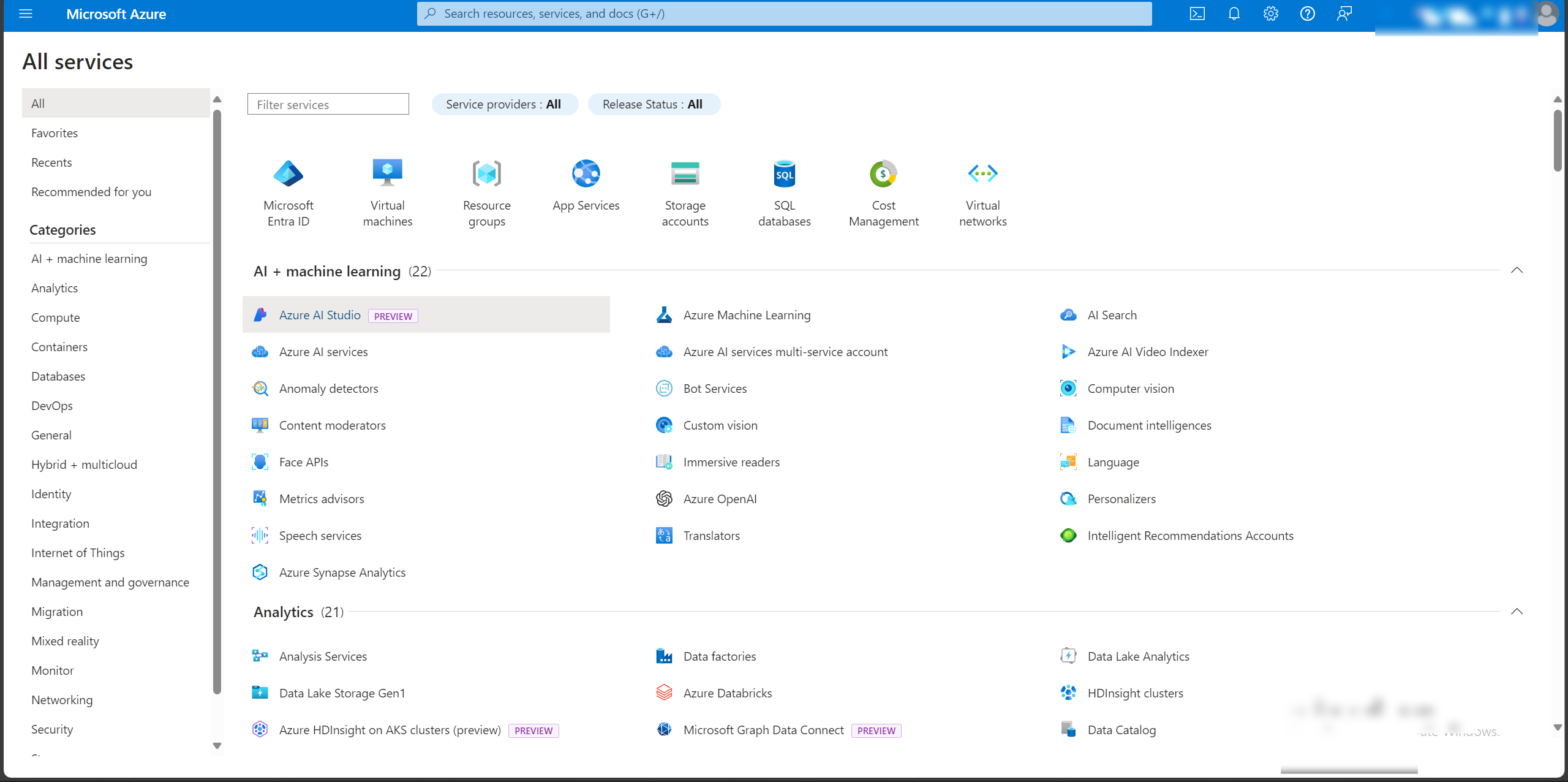
Source: portal.azure.com
1. Datacenters and Regions.
Azure operates in regions spread throughout the world. A region is an area with one or more data centers. A data center is a physical location of cloud computing storage. Microsoft Datacenter server rooms house its cloud computing and storage capability. Microsoft has more than 4 million servers in datacenters across the globe. These data center powers the cloud resources organizations use.
2. Virtual Machines (VMs)
Azure VMs are the primary building blocks of many Azure deployments. They enable you to run applications, handle workloads, and provide flexibility. Azure offers a wide range of VM sizes to meet specific requirements.
3. Azure App Service
Azure App Service is a fully managed platform for building, deploying, and scaling web applications and APIs. It supports various programming languages, such as .NET, Java, Python, and Node.js, making it easy for developers to create cloud-native applications.
4. Azure Storage
Azure Storage offers scalable and secure cloud storage for various data types, including files, blobs, tables, and queues. It provides high durability and availability, allowing organizations to store and access data from anywhere in the world.
5. Azure Functions
Azure Functions is a serverless computing service that enables developers to run small pieces of code, or functions, in the cloud without the need to provision or manage infrastructure. It simplifies the development and deployment of event-driven applications and integrates seamlessly with other Azure services.
6. Azure Networking
Azure Networking provides the infrastructure and services to connect applications, services, and virtual networks both within Azure and on-premises. It includes features such as virtual networks, load balancers, gateway services, and virtual private networks (VPNs).
7. Azure Identity and Access Management (IAM)
IAM in Azure ensures secure access to resources by managing user identities and their permissions. It allows administrators to control access to Azure resources based on role assignment. It provides features like Azure Active Directory, multi-factor authentication, and conditional access policies.
Benefits of Microsoft Azure
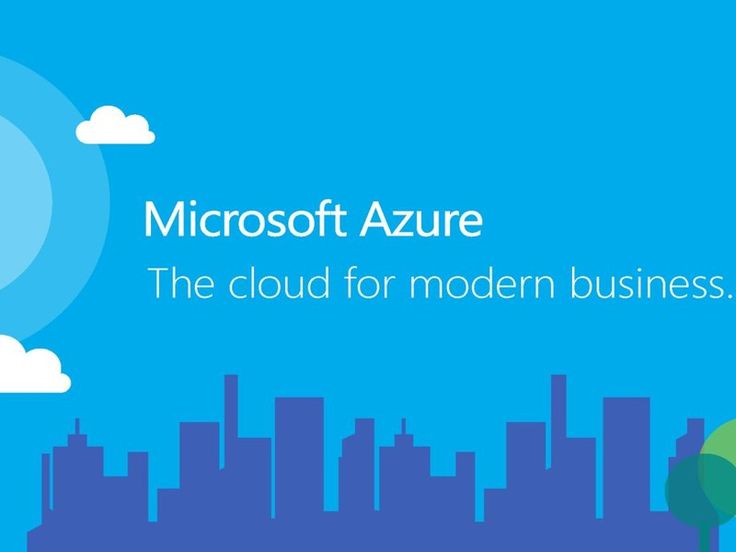
- Scalability: Azure allows organizations to scale their resources up or down based on demand, providing cost-efficiency and flexibility.
- Reliability: Azure offers high availability and redundancy through its global infrastructure, ensuring your applications and data are always accessible.
- Security: Microsoft has made significant investments in security measures, making Azure compliant with various industry standards and regulations.
- Hybrid Capabilities: Azure seamlessly integrates with on-premises infrastructure, enabling organizations to build hybrid environments and gradually migrate workloads to the cloud.
- AI and Machine Learning: Azure provides powerful AI and machine learning services, enabling organizations to extract valuable insights from their data and build intelligent applications.
Conclusion
Microsoft Azure is a powerful cloud computing platform that offers a wide range of services, empowering organizations to innovate and grow. Understanding the fundamentals of Azure is essential in maximizing its potential and unlocking the benefits it offers. From virtual machines to storage to networking, Azure provides a comprehensive suite of services to meet your organization’s needs. Embrace the power of Azure, and embark on your cloud journey with confidence.
Ready to gain practical experience on Azure? Register for our Bootcamp and learn from experts.
